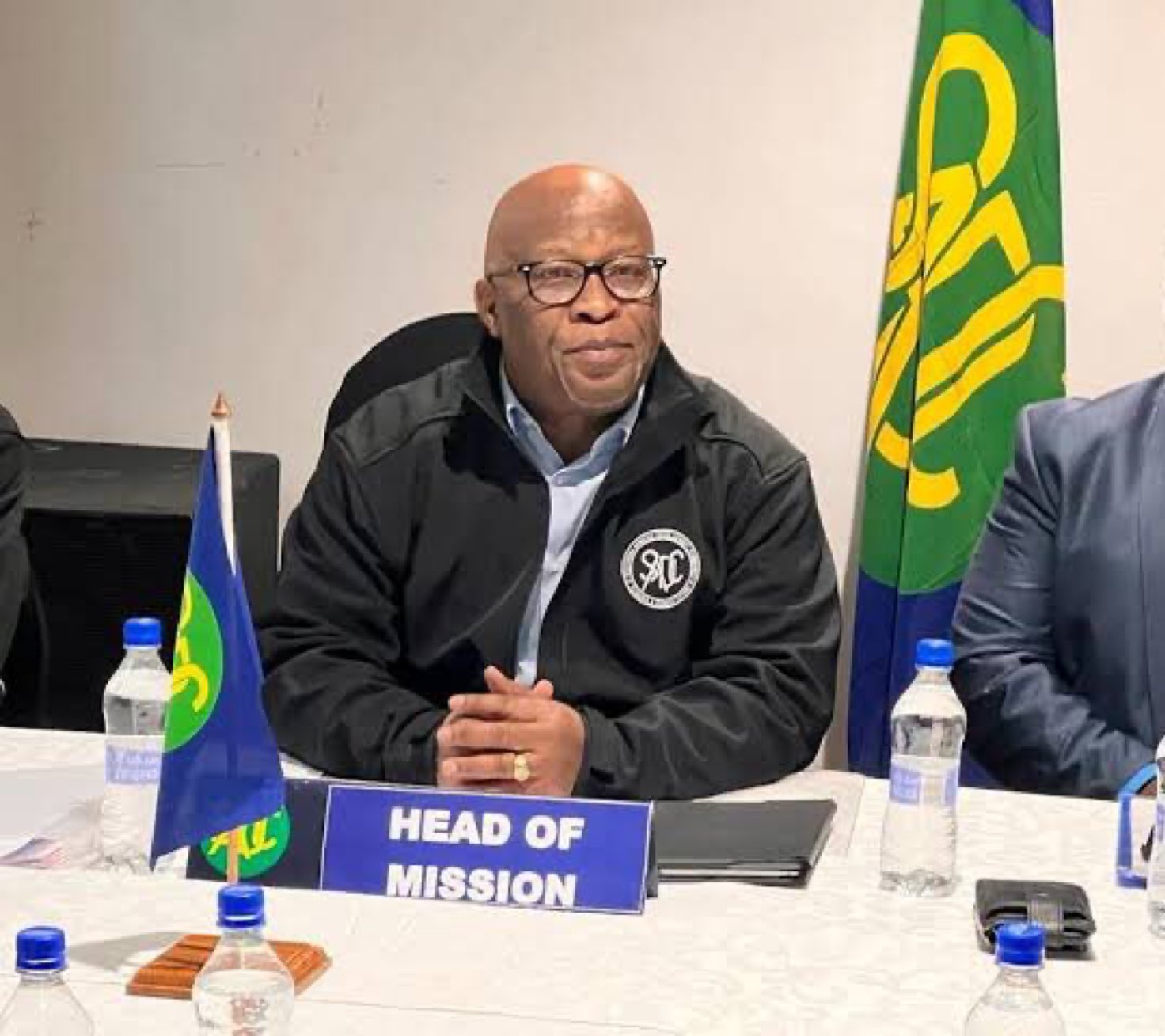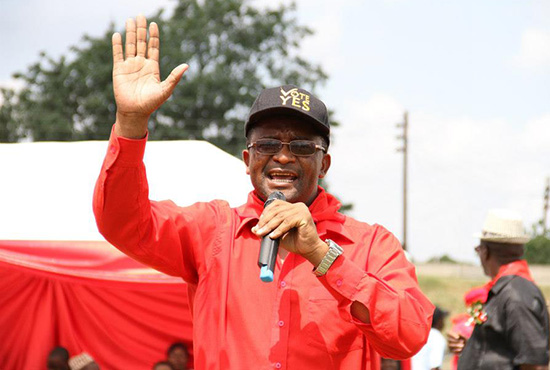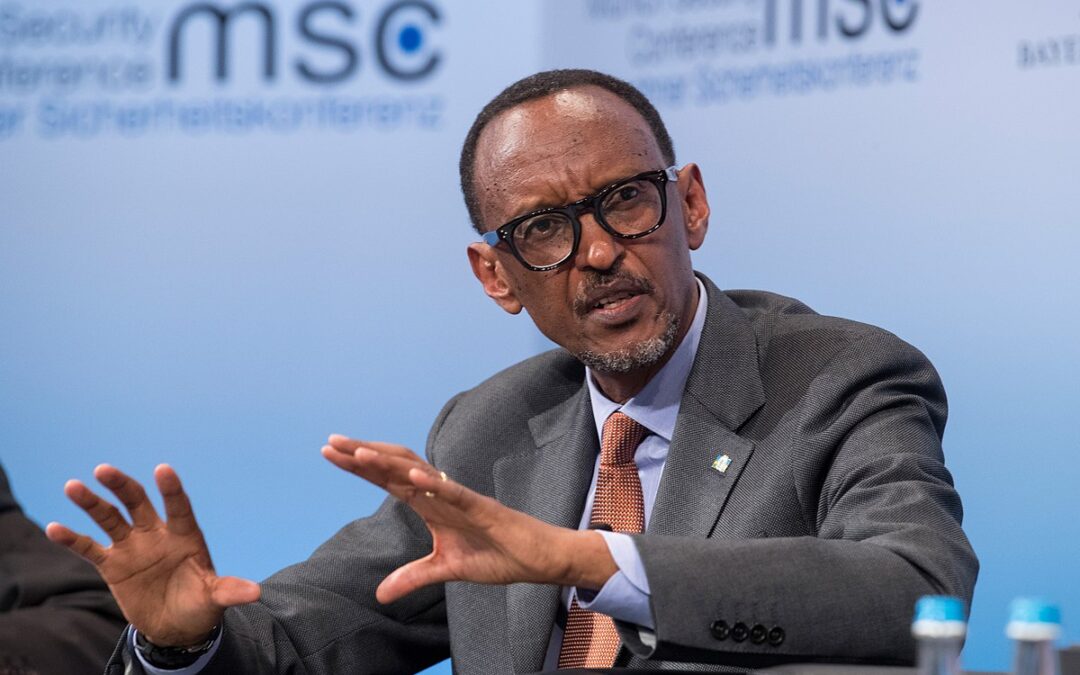Ari Goldstein
Article 2 (1) of the UN Charter, Article 3 (b) of the Constitutive Act of the African Union, and Article 4 (a) of the SADC treaty recognize the principle of sovereignty of nations.
The Sovereignty of nation is the bedrock of
international relations. This principle provides that countries get to control what happens inside their borders and can’t interfere which what happens elsewhere.
In light of this internationally recognized principle, it is important to note that the harmonized elections in Zimbabwe were a domestic process established in terms of the country’s law. The right to vote is provided for in terms of section 67 of the Constitution. Chapter 7 is further dedicated to elections.
The Electoral Act [Chapter 2:13] establishes the administrative bodies and procedures for elections. These laws that provide for elections are domestic laws that are interpreted by our domestic courts. It therefore follows that
anyone with grievances relating to breach must approach the courts for redress.
Domestic laws must be interpreted by domestic courts and such domestic remedies are final. The Invitation of SADC to observe elections is made in terms of the SADC principles and guidelines governing
democratic elections.
SADC, through the SEAC division certified the country that it is ready for the harmonized elections. This means the pre-election period was within the SADC standards. Any negative
comments which later came on the pre-election period become contradictory and an afterthought.
The invitation of international observer missions is not a waiver for Zimbabwe to enjoy its sovereignty s a nation. It is a process done to promote transparency of the process.
The international community can not interfere with internal processes. Their role is to offers recommendations that are not legally binding.
The declaration of the result of Presidential election in terms of section 110 (3) (1) (ii) of the Act gives rise to the presumption of validity of an election result. An election is presumed to have been regularly
conducted.
In terms of section 93 of the constitution, the presidential election can be challenged on
recognizable grounds. The burden of proof of allegations of invalidity or irregularity lies with the aggrieved party.
It is a settled position of law that he who alleges must prove. According to the Constitutional Court in Chamisa v Mnangagwa and Ors CCZ 21/19 Chamisa lost the suit because he failed to prove that there were irregularities and that such irregularities undermined the electoral process.
He failed to convince the court how ZEC failed to deliver a free and fair and credible Presidential election.
The general rule is that an election is not declared invalid by reason of any act or omission by returning officer or any other person in breach of his or official duty in connection with the election.
It however has to appear to the court that the election was conducted in terms of the law governing elections and that
the act or omission did not affect the result.
The exception to the general rule is that a court will declare an election void where it is satisfied from evidence provided by the aggrieved party that the legal trespasses are of such magnitude such that they resulted in substantial non-compliance with the existing
electoral laws.
In conclusion it is clear that (a) elections are a domestic processes have domestic remedies. So the international community can not declare the election invalid.
(b) The election must be declared invalid by our courts before any fresh election. An election can only be declared invalid if there is evidence of legal breaches that go to the root of the election. Without proof a suit will be a futile exercise.
(c)The courts usually follow their decisions if premised on the same facts. The same grounds in 2018 suit are fundamentally those being relied upon in challenging the present election.





0 Comments